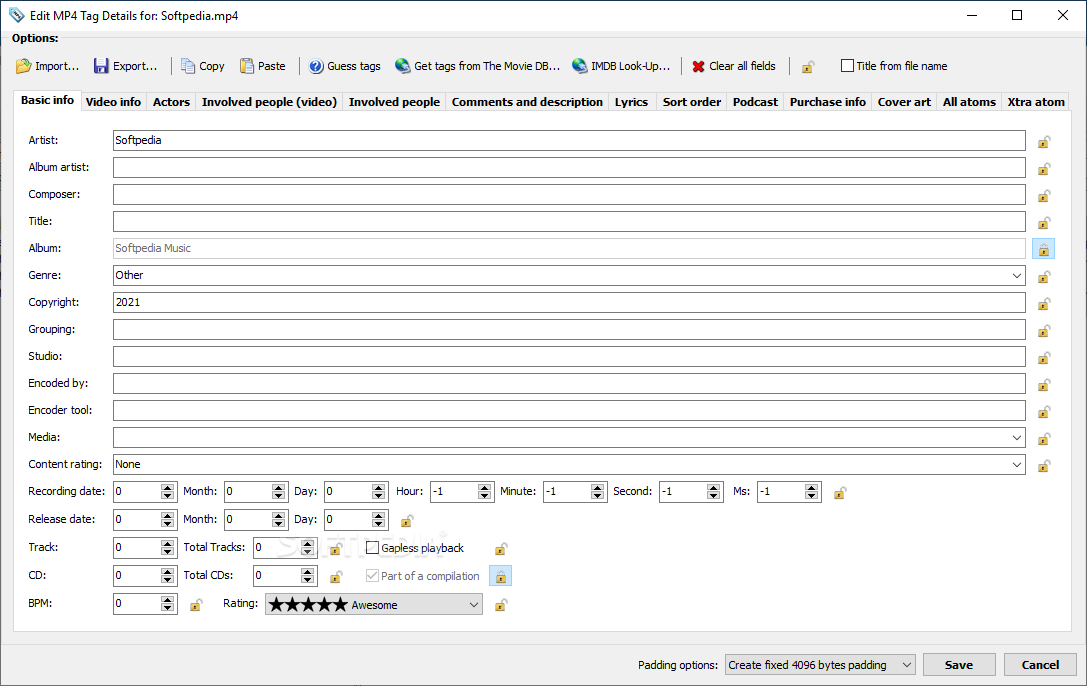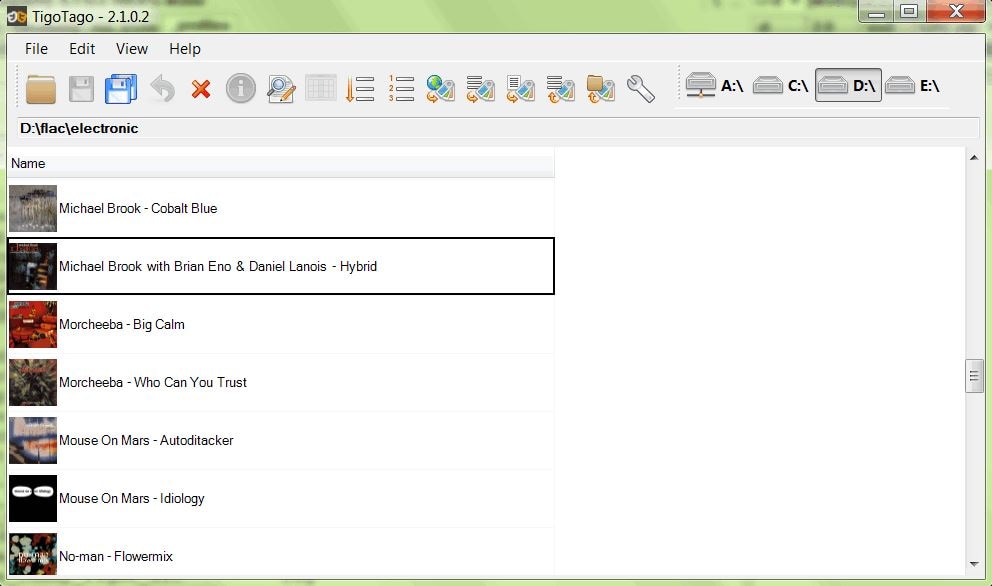

And as disc-based players start to bite the dust in favor of network-based playback (I own a Transporter and a Squeezebox) there may be some movement and producers may begin to realize they have no control over the loudness perceived by the consumer.


The eventual saving grace will be some form of automatic volume control based on the actual loudness of the program. Unless someone turns up the gain on the softer piece it sometimes even sounds more compressed to the ear, not less. And unfortunately, "loudness" trumps everything else, even quality. Things are slowly pulling back, but it's a tough business and I often have to make a master "louder" than I want to, it is a client-driven business and I work hard to educate the client on the loudness wars, but he pays the bill.
And in fact I've smashed a few masters in my time, usually at the demand of the client, or the A&R director. In answer to your second question, one man cannot stop an avalanche. As for people hearing different sound quality between WAV and FLAC, it's likely imagination at work. My assistant found another tagging program suitable for WAVs but it's awkward to use. By that right of course I shouldn't be posting but I have to ask how the volume wars got started with great engineers like yourself on the scene? Did you just get pushed aside by the record companies? It would be interesting reading to hear it from the experts.In answer to your first question, I can't remember why but I'm back to using FLAC for tagging as it's more reliable. If you want some real info on this I would go to for this kind of thing as your post said experts. The real thing would be to get ID3v2.3, or vorbis tags to work and work with all programs. Also you don't know what other programs it will work with. For more information about tags, click here.While it's true that you can get wav files tagged with ID3.1 tags to work with SC it's still not the best tag. Tags which are not supported by the source file and the destination file format will have their values displayed as gray, or disabled for non-text controls (e.g. Once the user clicks the OK button, the default values will be updated according to the latest values.
.wav tag editor archive#
File is not part of an archive (Switch can open zip and rar files but only audio files will be listed or converted)Ĭlick this button to restore previous settings by the user.File format supports metadata such as.Tags will be applied to audio formats if the following conditions are met: Apply changes to source files and converted files - Tags will be applied to the source file, and to succeeding conversions of the source file.Apply changes to converted files only - Tags will be applied to succeeding conversions of the source file, but will not be saved to the source file.Select the course of action to take when saving tags to files. To open the tag editor, select a file from the list, click the Edit menu and select Edit Audio Tags of Converted Files. Function is enabled only after a successful conversion of a file. This function edits the tags of the output file. may be displayed if a tag has different values among files. To open the tag editor, select two or more audio files, click the Edit menu and select Edit Audio Tags. To open the tag editor, select an audio file, click the Edit menu and select Edit Audio Tags. It also supports preserving tag information when converting to any supported formats. ID3 tags for MP3 files, LIST INFO chunk of WAV files, etc). Editing Audio Tags Switch supports editing tags to files of certain formats (e.g.


 0 kommentar(er)
0 kommentar(er)
